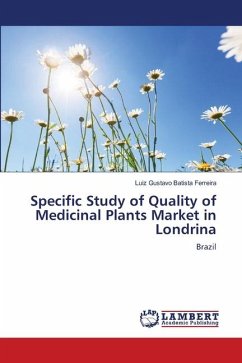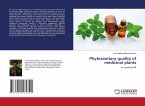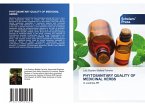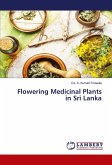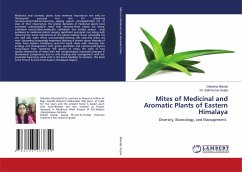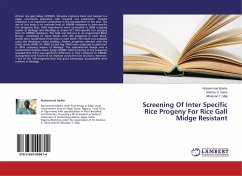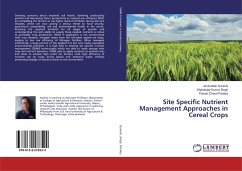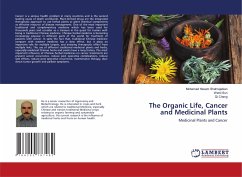Medicinal plants are plants that have biological activity with one or more active ingredients useful to health, with pharmacological action beneficial to the human organism and, for this reason, they are used as herbal medicines, especially in emerging regions and countries.Brazil has the largest biological diversity of medicinal plants in the world, arousing the interests of international scientific communities for the study, conservation and rational use of these resources.The contamination of phytotherapics occurs through the action of mycotoxins, which are produced by various species of fungi of genus Aspergillus spp, and can cause acute or chronic poisoning, with hepatotoxic, mutagenic, teratogenic and carcinogenic properties.The purpose of this study was to evaluate the microbiological quality of medicinal plants used as herbal medicines marketed in Londrina South of Brazil: Chamomile (Chamomilla recutita L.Rauschert), melissa (Melissa officinalis L.), sweet grass (Pimpinella anisum L.), cinnamon (Cinnamomum zeylanicum Blume), mint (Mentha piperita) and hibiscus (Hibiscus sabdariffa).
Bitte wählen Sie Ihr Anliegen aus.
Rechnungen
Retourenschein anfordern
Bestellstatus
Storno

